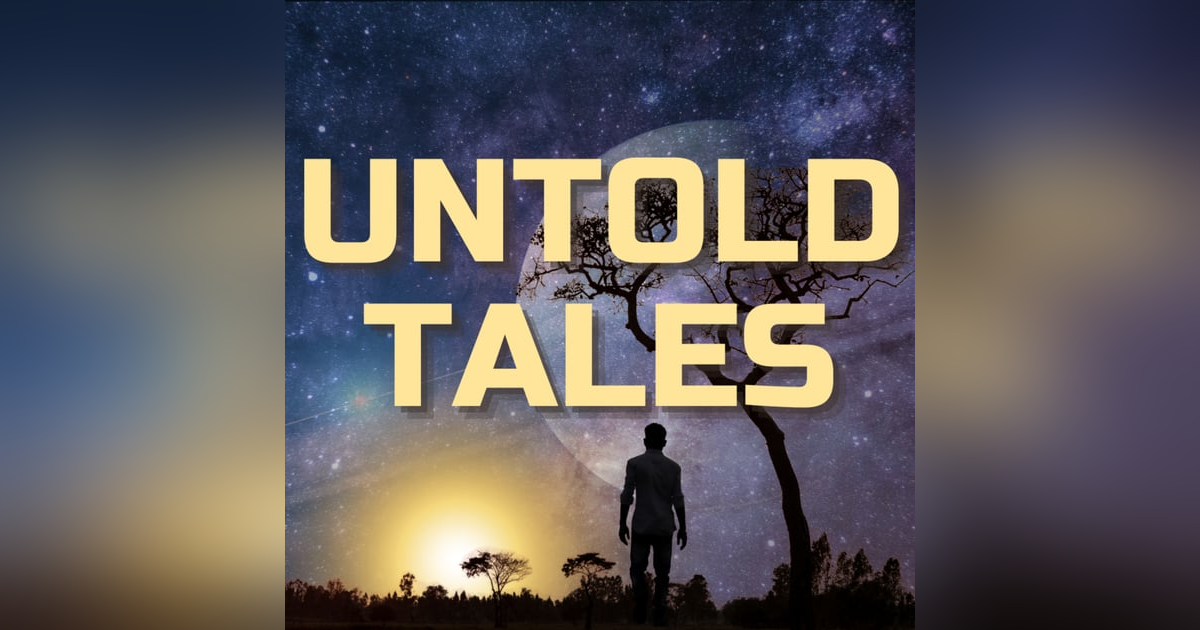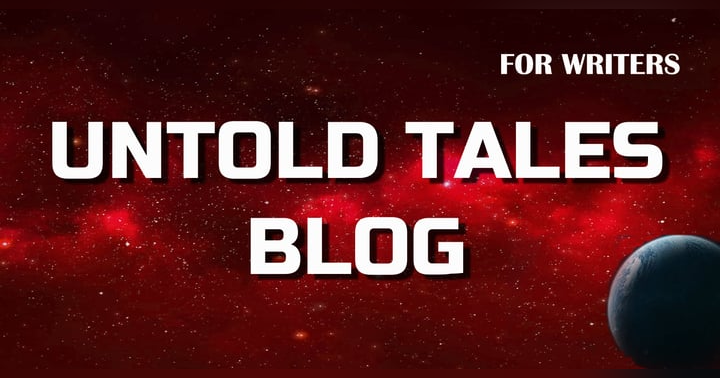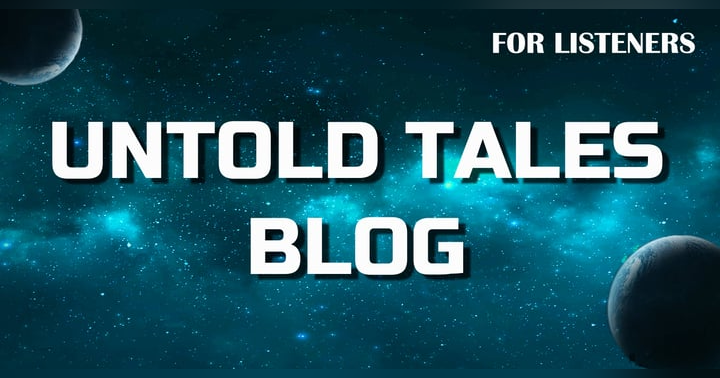Research and Writing

I tend to write what is known as “hard SF”, that is, science fiction that is technically accurate, or as accurate as I can make it while taking a wink at things like Time Travel and Faster Than Light travel.
With a few exceptions like these, Hard SF means you try to adhere to the laws of physics (and the other scientific disciplines) as much as you can and to stay faithful to the laws of nature. (In my opinion, if you ignore these, then you are no longer writing science fiction; you are writing fantasy.)
In any case, in order to write the story, I often have to do considerable research or at least calculations.
For instance, if I posit that a ring-shaped space station exists, I might need to determine how big the ring would have to be and how fast it might have to spin to simulate 1G, or normal Earth gravity. I ask myself that question and a half hour later I have a spreadsheet of size and rotation speeds so that I can describe the space station when my character arrives.
In another example, if I suggest that a spaceship can accelerate at 1G continuously (please don’t fret about how the engine might work), I may have to calculate how long it would take to travel from Mars to Jupiter (considering best and worst-case scenarios based on their orbits). I ask myself the question and another half hour passes before another spreadsheet appears.
Sometimes I even make up a planet, but then have to calculate how high from the surface a geosynchronous orbit would be (note: it depends on the mass of the planet and its rotation speed). Yup, there’s another Excel spreadsheet. (I have managed to make a lot of those)
Even if I don’t need that type of detail, I often have to research relevant vocabulary for the discipline that I am discussing. Some specializations have very specific words and terms, especially medicine, and I need to learn enough to use the correct terminology in my story. The problem is that sometimes I don’t know what I need to know and I, therefore, have to read enough that I can fill a little of that void.
Sometimes it is maddening. Even if I write about something relatively mundane, like a character visiting a fictitious town in Oregon, I find myself researching towns, geography, highway numbers, and then names of rivers, so that I can describe the location or region or what he sees as the character travels there.
It is questions like these that force me to spend so much time conducting research, even if I only need a factoid for a sentence or two in my story or novel.
In my ruminations, I have had to conduct detailed research in genetics and military weaponry, history and geography, medicine and neurophysiology, religion and psychology. I have become something of a ‘jack of all trades' as a result of my writing, but that is part of the job that is fun because you never know what you will learn.
On the downside, however, I often worry about what would happen if the ‘authorities’ seized my computer and found that I have been Googling about poisons and methods of disposing of bodies, nuclear bombs and names of terrorist organizations. They would likely think me quite mad, but that might not be too far from the truth. I would, of course, explain that my research is entirely innocent of dire intent, but I secretly dread what would happen if I did not seem convincing enough in my denials.
In any case, whatever genre you might write in, you will likely find yourself obligated to conduct at least a modicum of research lest you compromise your own credibility with things you just make up (like a mountain in Britain that is taller than Mount Everest). Any story, that wishes to be realistic to a reader needs to adhere to some degree of fact. And the more accurate the facts, the more realistic the story becomes.
Depending on the story, this may entail only a few minutes of research, or it could take many days, especially if you are writing things like alternate histories or stories of time-travel where your character arrives someplace in the past which you must accurately describe.
For me, this is part of the fun of writing, and I find that it has made me a better writer. Indeed, my stories are often so detailed that I have often had readers ask whether or not something that I made up was real or not. I am quite happy that they can’t tell the difference sometimes.
Still, it increases the time I must spend writing, but it makes my stories more believable.
Unless you plan to write pure fantasy, you will probably find that you too need to do research before you can finish your story.
I am, however, extremely grateful that I live in the age of the Internet and Google. I don’t even want to contemplate how long it would take me to conduct such research in an old-fashioned library where I would have to find reference books spread across rows of shelves that stretch a quarter mile. Such literature searches used to be good cardio workouts.









